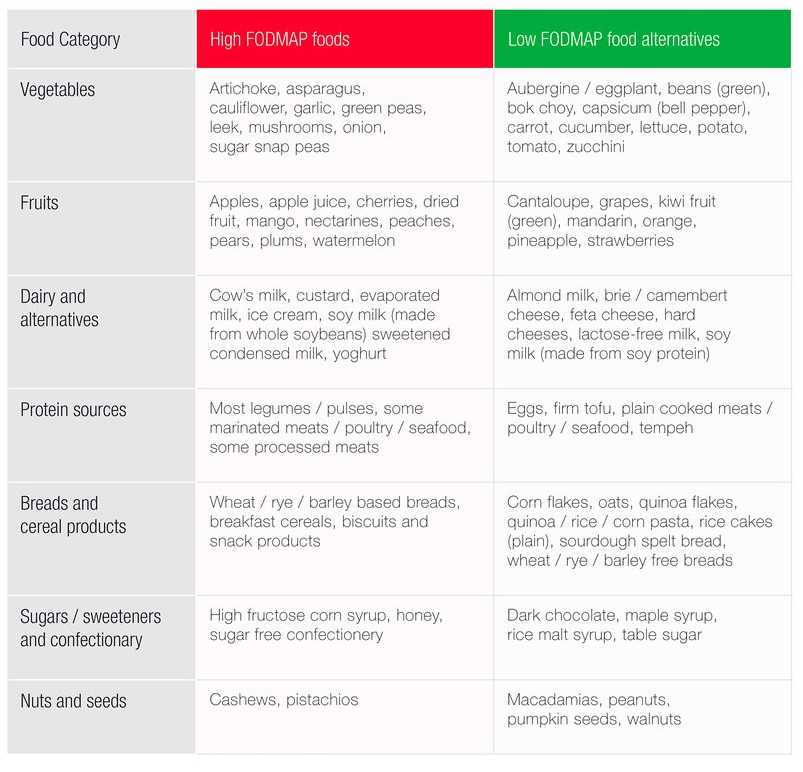Dr. Andrew Chappell BSc (Hons), MSc, PhD
During my PhD I was involved in studying the colonic gut microbiota. I would spend weeks at a time in the lab putting together elaborate experiments using test tubes, acids, alkalines, gases and various different carbohydrate sources to try and make my bugs grow. When I wasn’t in the lab I was reading up on the latest scientifc research the world of the microbiota had to offer. Faceal microbial transplants, probiotics, prebiotics, bowel cancer, inflammatory bowel disease and irritable bowel syndrome were recuring themes. More recently I was involved in a grant proposal where we planned to test the effects of a low FODMAP diet on the colonic gut microbioa and symptoms associated with the condition.
IBS can have a significant impact on quality of life, having the potential to cause lethargy, nausea, backache, bladder symptoms, abdominal bloating and distention, as well as unexpected weight loss and rectal bleeding. Specific foods exacerbate symptoms, and many individuals limit or exclude these foods. FODMAPs specifically are: fermentable oligosaccharides disaccharides, monosaccharides and polyols. IBS affects up to 14 % of the population worldwide and females seem to more susceptible than men. One thing I’ve observed down the years of competitive dieting is the effect bodybuilding can have on peoples bowels. Without being crass, it makes a mess of them. In large part I suspect because of the overly restricitve diets we tend to adopt. Featured is a list of high and low FODMAP foods that may be useful for those suffering from IBS and may help manage their condition. If you suffer from IBS try the low FODMAP foods and remove the high FODMAP ones from your diet. After a few weeks excluding those high FODMAP foods try reintroducing them one by one to see if you can’t identify your own triggers.

